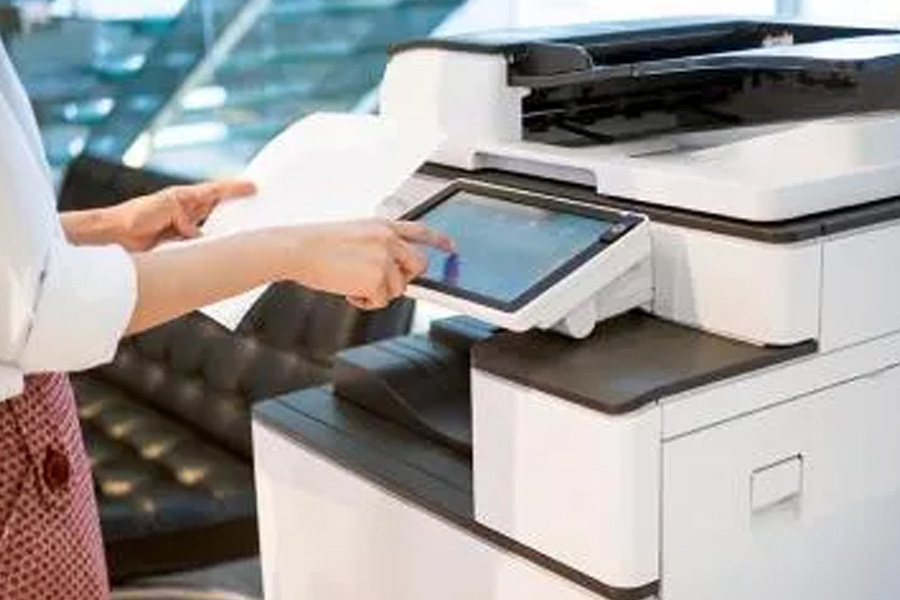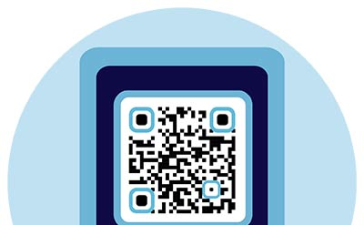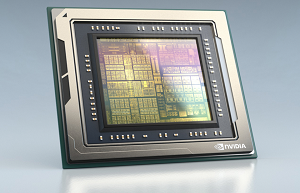Introduction: Deciding Between Leasing and Buying a Copier
When your business needs a copier, the decision between leasing and buying is critical. Both options have distinct advantages and potential drawbacks, and the right choice depends on your business’s needs, budget, and long-term goals. This post provides an in-depth comparison of leasing and buying a copier, helping you determine which solution is best for your operations.
Leasing a Copier
Leasing involves renting a copier for a set period, typically under a contract with fixed monthly payments. The business doesn’t own the copier but benefits from its use and often receives maintenance and support as part of the agreement.
Pros of Leasing a Copier
1. Lower Upfront Costs
Leasing eliminates the need for a significant initial investment, making it ideal for small businesses or startups with limited budgets.
2. Access to Advanced Technology
Leasing allows businesses to upgrade to the latest models, ensuring they always have access to cutting-edge features.
3. Maintenance Included
Many lease agreements include regular maintenance and repair services, reducing downtime and unexpected costs.
4. Predictable Expenses
Fixed monthly payments simplify budgeting and financial planning.
5. Tax Benefits
Lease payments are often tax-deductible as operational expenses, offering potential savings
Cons of Leasing a Copier
1. Higher Long-Term Costs
While the monthly payments are manageable, the total cost of leasing can exceed the cost of purchasing over time.
2. No Ownership
At the end of the lease, the business must either return the copier, renew the lease, or buy the machine at its residual value.
3. Contract Commitment
Businesses are locked into a lease agreement, which may not suit those with changing needs or short-term requirements.
Buying a Copier
Purchasing a copier involves a one-time payment or financing arrangement, giving the business full ownership of the machine.
Pros of Buying a Copier
1. Ownership
Once purchased, the copier becomes a long-term asset for the business, which can be depreciated over time.
2. Lower Long-Term Costs
Buying a copier is generally more cost-effective in the long run, especially for businesses with consistent needs.
3. No Monthly Payments
Without lease payments, businesses have more flexibility in managing their cash flow after the initial purchase.
4. Customization Options
Ownership allows businesses to customize or modify the copier without restrictions from a lease agreement.
Cons of Buying a Copier
1. High Upfront Costs
The significant initial expense can strain budgets, particularly for small businesses.
2. Depreciation
Like most equipment, copiers lose value over time, and businesses must bear the cost of eventual replacement.
3. Maintenance Responsibility
Owners are responsible for all maintenance, repairs, and parts, which can add up over time.
4. Limited Flexibility
Businesses are stuck with their purchased copier until it is replaced, even if their needs change.
A Detailed Comparison of Leasing vs. Buying
| Feature | Leasing | Buying |
| Upfront Cost | Low | High |
| Long-Term Cost | Higher | Lower |
| Ownership | No | Yes |
| Technology Access | Regular upgrades available | Limited to purchased model |
| Maintenance | Often included in lease agreement | Business responsibility |
| Flexibility | Easy upgrades during lease term | Limited |
| Tax Benefits | Payments often tax-deductible | Depreciation can be claimed |
When Leasing Is the Better Choice
1. Startups and Small Businesses
Leasing is an excellent option for businesses with limited capital or those unsure of their long-term needs.
2. Tech-Driven Operations
If your business relies on the latest technology, leasing provides regular upgrades to the newest models.
3. High Print Volumes
Companies with large-scale printing needs benefit from maintenance-inclusive leases, reducing the risk of downtime.
4. Temporary Requirements
Leasing is ideal for businesses with short-term or seasonal needs, avoiding the long-term commitment of purchasing.
When Buying Is the Better Choice
1. Stable Businesses with Predictable Needs
Established businesses with consistent print volumes and long-term plans may save money by purchasing.
2. Customization Requirements
Businesses requiring specific modifications or features not typically available through leased copiers benefit from ownership.
3. Long-Term Use
If your business plans to use the same copier for several years, purchasing may offer significant cost savings.
4. Budget Flexibility
Companies with the resources to handle high upfront costs can benefit from the absence of monthly payments.
Questions to Ask Before Deciding
1. What Is My Budget?
Consider both your initial investment capacity and long-term financial plans.
2. How Often Will I Need Upgrades?
If your business requires frequent access to new features, leasing may be the better option.
3. What Are My Print Volume and Document Management Needs?
Evaluate your current and future requirements to ensure the solution you choose aligns with your goals.
4. Am I Prepared for Maintenance Costs?
Leasing often includes maintenance, while buying requires you to budget for repairs and upkeep.
Conclusion: Choosing the Right Solution
Deciding between leasing and buying a copier depends on your business’s unique needs, budget, and long-term plans. Leasing offers flexibility, advanced technology, and lower upfront costs, making it a great option for startups and tech-driven businesses. On the other hand, buying provides ownership, cost savings in the long run, and customization options, ideal for established businesses with stable needs.
By carefully evaluating your requirements and using the comparison in this post, you can make an informed decision that optimizes both your budget and your operations. Whether you choose a copier for lease or purchase one outright, the right solution will empower your business to run smoothly and efficiently.






